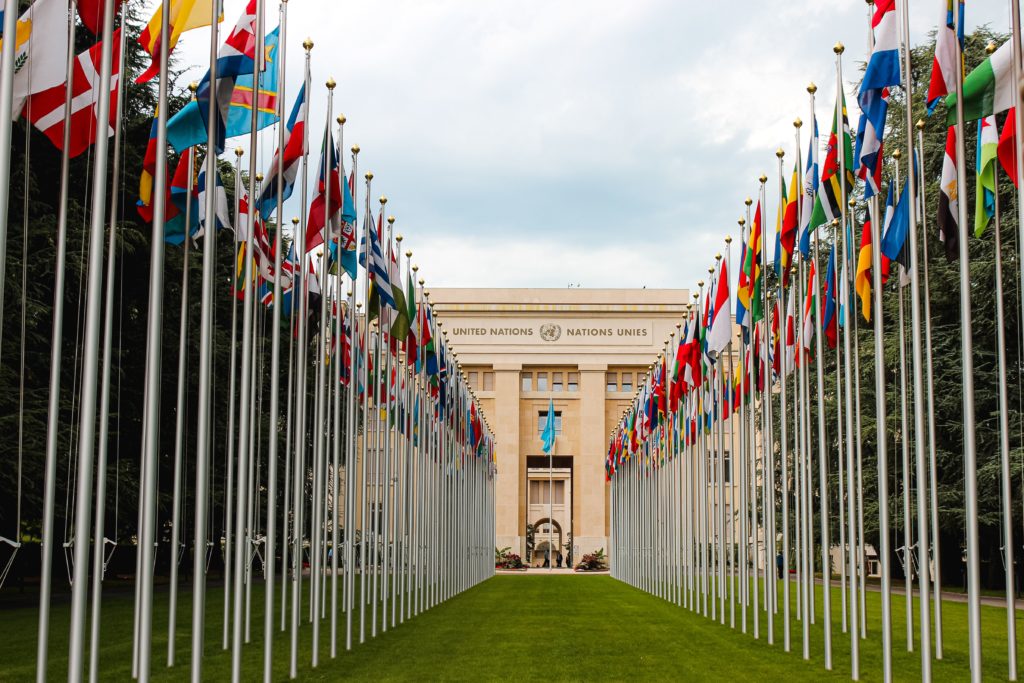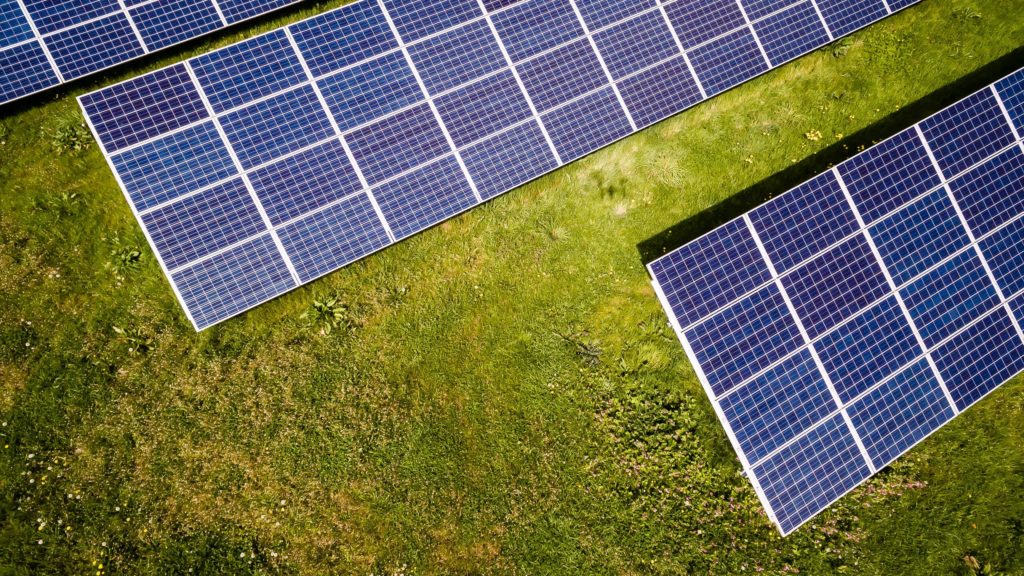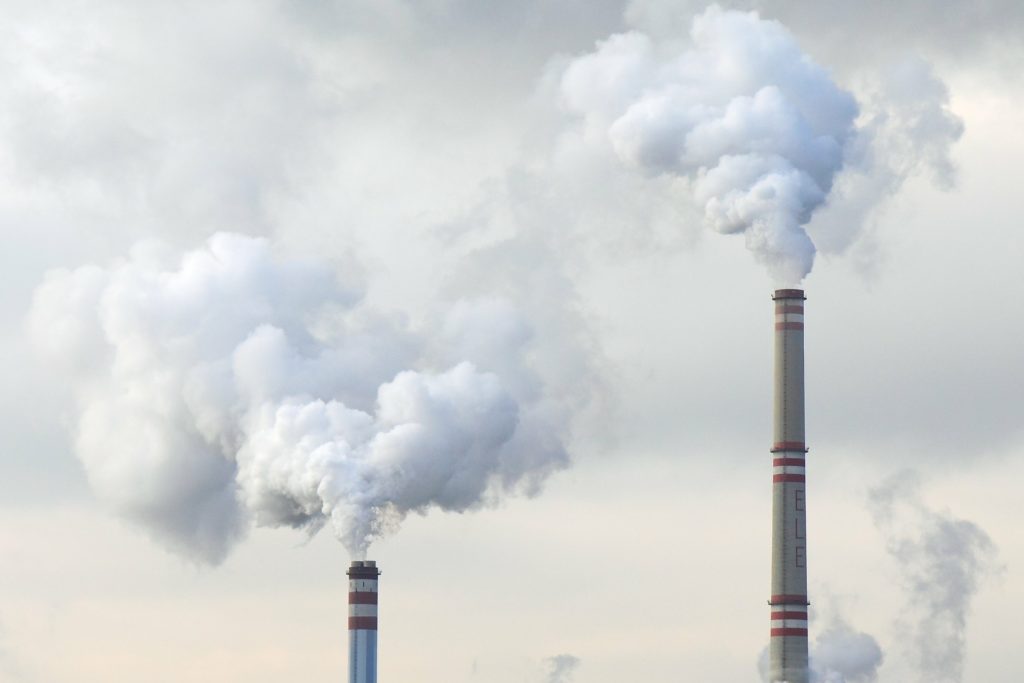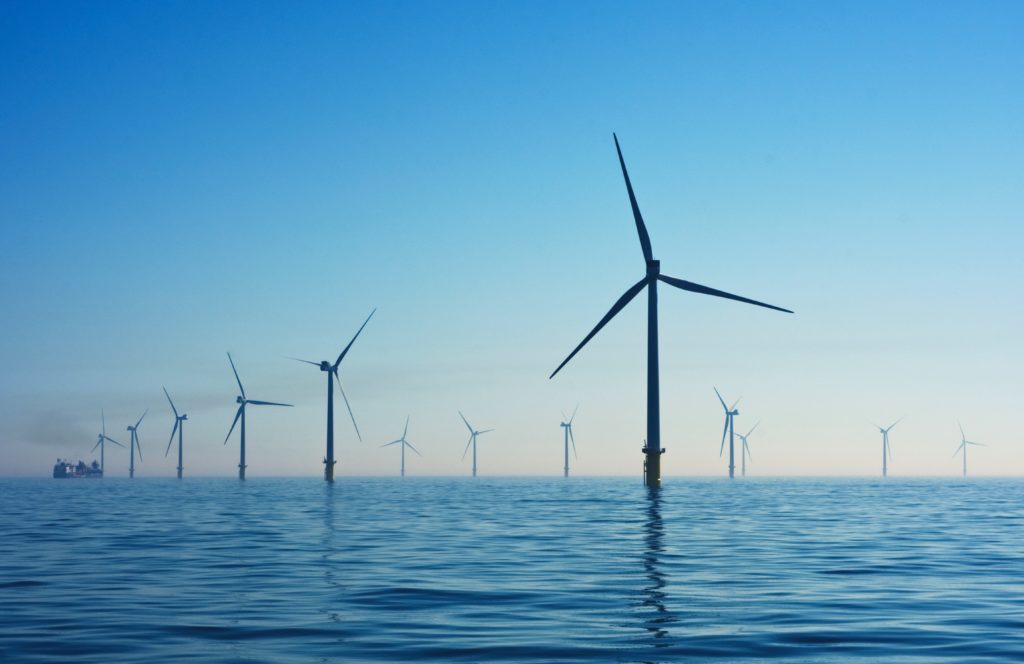Clean technology disruptions can springboard Sri Lanka from economic collapse to unthinkable prosperity
Sri Lanka is deeply embroiled in a crisis. Fuel shortages have led to protests. Food protests have led to riots. The President fled the country and then resigned by email. A new President was just elected on Wednesday, July 20, but he is no outsider – he has been Prime Minister six times already. The …










